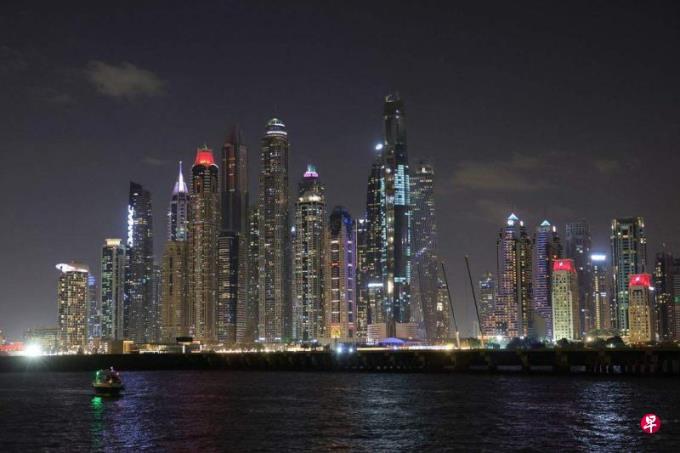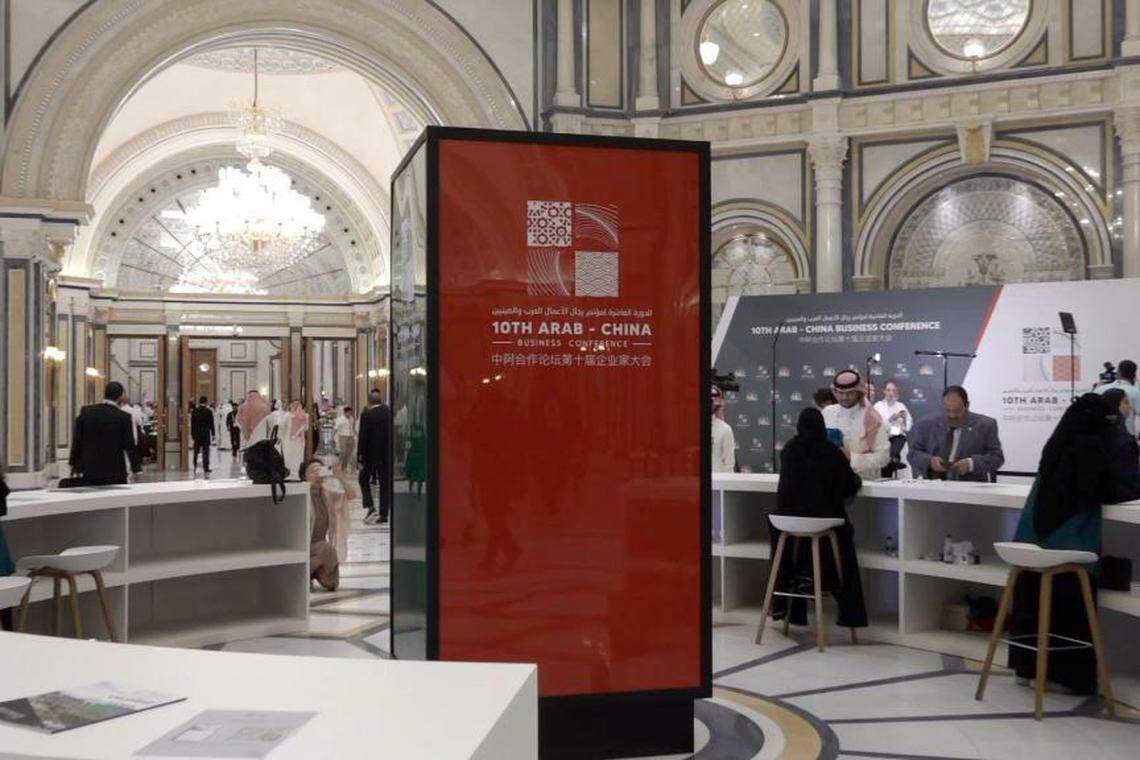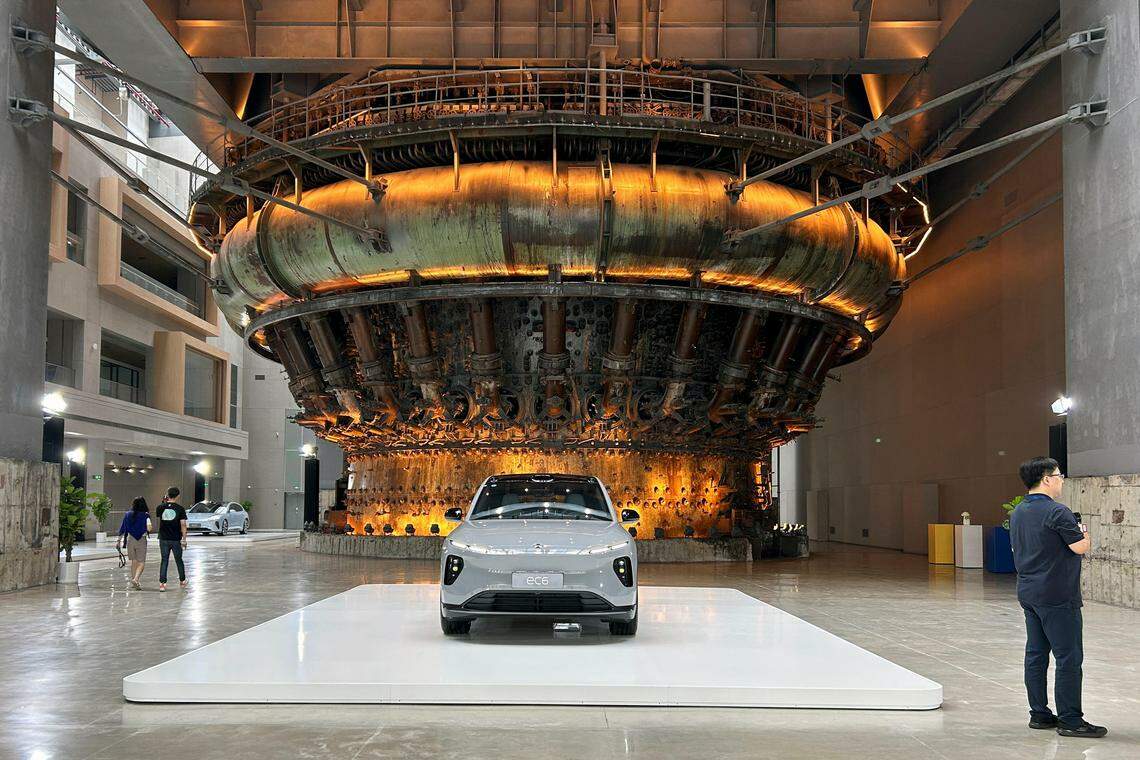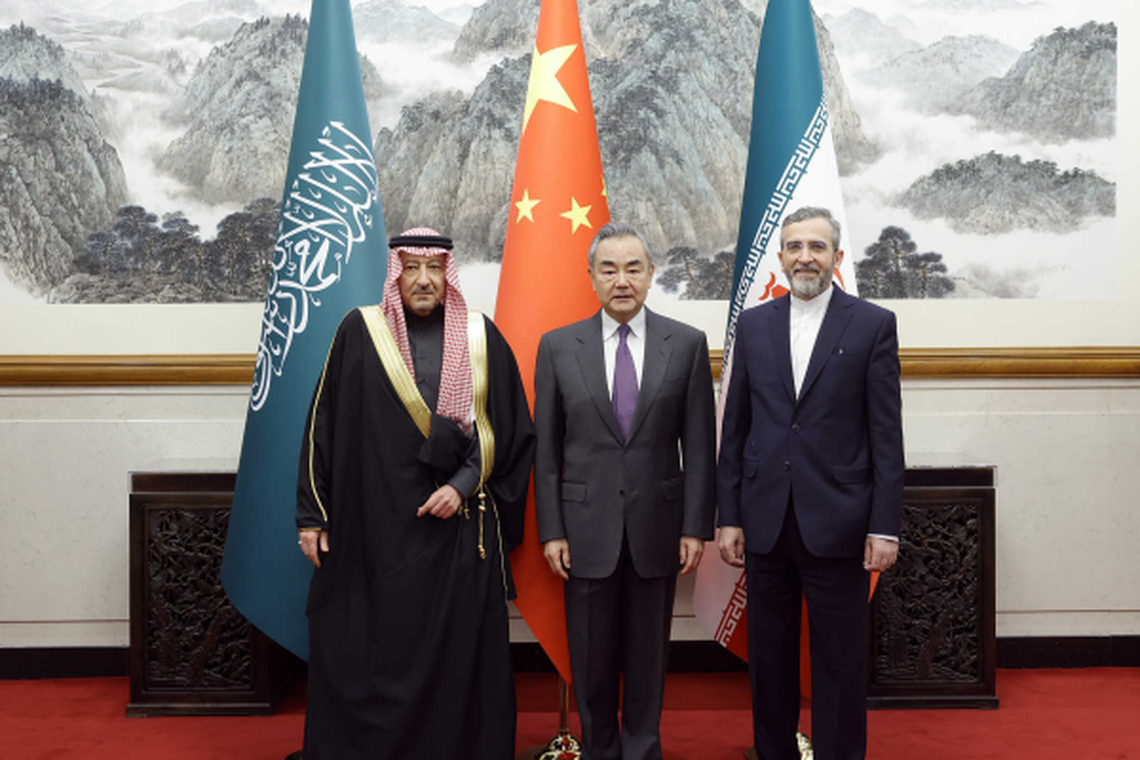
China New Energy Automobile Company Weilai will get it again this month this month againInvestment of Middle East sovereign funds.
Weilai Automobile on Monday (December 18) announced that Cyvn Holdings, a subsidiary of Abu Dhabi Investment BureauThe purchase price subscribes to Weilai 294 million ordinary shares.
This is the crisis of CYVN in June when Weilai invested 1.1 billion U.S. dollars in the crisis of Weilai, and bet on Weilai again.According to Bloomberg, the investment is expected to be completed this month, and CVYN will receive two Weilai board seats.
Just one week ago, the Qatar Investment Bureau announced on December 10 that it subscribed for $ 200 million in subscribed enterprise management software and cloud service providers of 4.26%of the shares.
European and American funds are willing to decline in investment in the Chinese market, but the Middle East sovereign funds do the opposite. It has made many shots to lay out Chinese assets.
According to the GLOBAL SWF data invested by the Global Sovereign Fund, the Bay Area Fund Fund's mergers and acquisitions and investment value has climbed to $ 2.3 billion this year, while only $ 100 million last year.
The Champions League of the Executive Officer of the Hong Kong Stock Exchange stated that the current Middle East sovereign fund is only 1%to 2%of the investment in Asia, mainly in China. This ratio has great potential.He predicts that by 2030, the Middle East Sovereign Fund's investment capital will increase to $ 10 trillion, of which 10%to 20%will invest in Chinese assets, "this is very huge."

Middle East Funds eastward
An UAE's other sovereign fund Mubartala Investment Company officially announced in Beijing to set up an office in Beijing; the Saudi Public Investment Fund was also earlier this month.It is announced that offices will be opened in China.In addition, Kuwait Investment Bureau and Qatar Investment Bureau are also very active in the Chinese market.
These sovereign funds with the largest management scale in the Middle East not only set up direct investment in China in China, but also set up a joint venture with Chinese companies, or become investors, invest in China's venture capital fundTechnology company.
From the perspective of the investment industry, the Middle East Sovereign Fund pays more attention to China's new energy, biotechnology, artificial intelligence and new consumption. Among them, the new energy industry chain is the focus of investment in the Middle East fund.
In June this year, three Chinese car companies received support from Middle East capital.
In addition to CYVN, which has attracted much attention to Weilai Automobile, a US $ 1.1 billion strategic investment, and the Saudi Investment Department signed a US $ 5.6 billion agreement with Chinese Express, as well as the largest private company in Jordan and the Great WallHuaguan signed a strategic cooperation agreement.

Abu Dhabi Investment Bureau and Kuwait Investment Bureau are called the "Double Heroes" in the Middle East by Chinese A shares. Chinese media often refer to these two institutions' adherence to the Chinese stock market.
According to financial reports, in the middle of this year, the Abu Dhabi Investment Bureau and the Kuwait Investment Bureau appeared in the list of the top ten shareholders of the top ten CCP stocks in 62.
It is reported that in the case of the sluggish stock market in China in the third quarter and the sharp outflow of foreign capital, the market value of the two institutions in the top ten circulating stocks in A shares did not have a large decrease in large scale.Among them, the position of the Abu Dhabi Investment Bureau has risen even in the third quarter.From the perspective of the industry, these two major institutions industry holding companies are distributed in automobiles, pharmaceuticals, and color metals.
In addition, the figures of Middle East funds also appear in advanced manufacturing, consumption and other fields.Mubadala and another Abu Dhabi Investment Fund 42xfund jointly led the B -round B in March; Abu Dhabi Investment Board bought and sold Fengxiang shares with white feathers chicken in August through its institutionsNearly 1570 million shares.
The two -way go of the Middle East funds and Chinese companies
Eastern Securities Report Analysis, the growth of the Middle East Fund's investment in China isSignificant growth is related.
Global oil prices have gone through two waves of rising after the Russian and Ukraine War and the Harbin conflict. The Middle East oil -producing countries have obtained a large amount of oil export revenue and expanded the size of the sovereign fund.
According to the data of the alternative asset data inspection platform Preqin, the alternative investment amount of the Middle East Sovereign Fund in the world has doubled from 2021 to the first half of 2022.They not only increased investment in China, but also increased investment in Southeast Asian countries.
The Middle East Fund that needs to expand investment and Chinese assets that require international capital are a two -way relationship.
For the Middle East countries, in addition to being optimistic about the potential of Chinese enterprises, it is also hoped that through the advanced manufacturing, artificial intelligence and consumption layout of China, it will help their country to change the single economic structure that depends on oil and natural gas, and toNew energy and smart cities upgrade and transform.
This is why the Middle East Fund often requires China to land.
For example, Chinese autonomous driving enterprise October obtained the Saudi Kingdom New Future City and its investment funds of 100 million US dollars in October, and also announced that it will provide autonomous driving technology solutions for the new future city in northwestern Saudi Arabia.
For Chinese entrepreneurs, enterprises, and investment institutions, Middle East capital with its own "local tyrants" label is a new source of international funds when Europe and the United States contracted to China.
Due to geopolitical influence, traditional American investors reduced investment in Chinese assets, and many Chinese venture capital institutions turned to group groups to find living water from the Middle East.
Chinese media reported that Dubai even had a special guide for Chinese investors and startups to take them to visit local potential investors.The Securities Times quoted a Chinese investor to visit the Middle East and said, "There are too many institutions to find money in the Middle East."
Worries in the United States
The Middle East Fund and China are getting closer and closer, which is caused by the United States' concerns.Bloomberg quoted people familiar with the matter in November that due to the close connection with Chinese assets, the Middle East Fund Fund's transactions in the United States were more strictly reviewed by the US government.
It is reported that the US Foreign Investment Commission (CFIUS) is evaluating several billions of dollars in transactions involving Ashibabi Investment Agency, Mubadala Investment Corporation and Saudi Public Investment FundWorried that they might cause national security risks.
People familiar with the matter said that American officials are becoming more worried and flowing to the UAE's key technologies, infrastructure and dataIn the end, it may fall into the hands of Beijing.
The Wall Street Journal pointed out in July that the increasing economic relations between China and the Middle Eastern countries show that the United States will face challenges when dealing with this area rich in oil resources.

At the time of frequent economic interaction, China is also trying to strive for political and foreign influence in the Arab world.In December last year, Chinese President Xi Jinping visited Saudi Arabia and met with Saudi Mohammed Bin Salman.
Earlier this year, China also contributed to Saudi Arabia and Iran's restoration of diplomatic relations; in the conflict of Harbin, China hopes to mediate.As Saudi Arabia, the UAE, Egypt, Barin, and Iran have joined the BRICS countries, the competitive pattern of China and the United States in the region has also changed further.
China's economic influence in the Middle East can continue to expand and transform into political capital, it is unknown.But an increasingly obvious trend is that the political popularity of China and the Middle East is transformed into economic thrust and promoting the flow of capital between the two parties.



